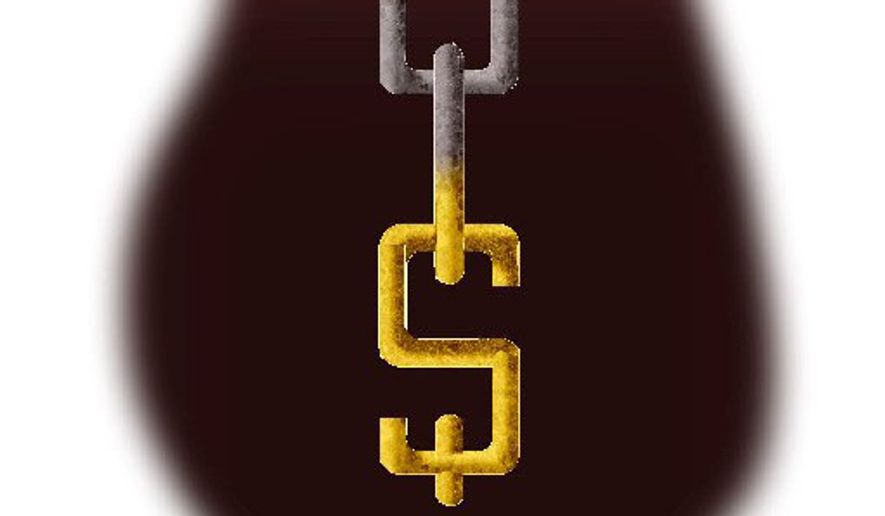OPINION:
In 2019, I spoke before the House Judiciary Committee on reparations from my perspective as the great-great-grandson of a slave. Two years later, I am proud to have the opportunity to re-emphasize my opposition as a member of the committee and the second Black U.S. Representative from Utah. My views on this debate remain unchanged — reparations are both condescending and counterproductive, and to go down that path perpetuates a harmful racial stereotype and further divides our nation. We should instead focus on celebrating Black American history and the changemakers before us who have blazed a path for freedom and opportunity.
At the age of 8, my great-great-grandfather, Silas Burgess, arrived in America shackled in the belly of a slave ship and was sold on an auction block in Charleston, South Carolina, to the Burgess Plantation. He escaped through the Underground Railroad and saved up enough money to purchase a 102-acre farm, where he worked through tremendous challenges to live a prosperous, productive life.
My grandfather, Oscar Kirby, served our country in World War I and was the first member of my family to get a traditional education. My father, Clarence Burgess Owens Sr., fought for democracy abroad in World War II. He was undeterred by the Jim Crow South that denied him a post-graduate education and built a successful legacy as a professor, researcher and entrepreneur.
I grew up in the 1960s Deep South during the days of the Ku Klux Klan, Jim Crow and segregation. I was one of the first four Black athletes recruited to play football at the University of Miami and the third Black student to receive a scholarship for my education. Now, I am humbled to represent Utah’s 4th Congressional District in the U.S. Congress.
This intergenerational progress represents the common thread of self-worth that allowed each of my ancestors to see themselves as victors instead of victims. I think my great-great-grandpa Silas would agree that reparations are not the way to right our country’s wrongs.
First, it is impractical and logistically impossible. It is also unfair and heartless to give Black Americans hope that reparations are a reality.
Second, debates on reparations do not represent the rich history of a proud and tenacious community, who, like those of my lineage, worked, studied and overcame to live the American Dream.
Third, reparations teach separation and convey a narrative that Black Americans are a hopeless, hapless and oppressed race entitled to handouts. The core of the debate certainly does not represent Black America’s potential, nor the 150 years of legal, social and economic progress achieved by millions of American minorities.
Reparations will not and cannot help our cause as Black Americans. Our community’s strong commitment to faith, family, free market and education allowed it to overcome unspeakable odds. If we are sincere about paying reparations, we should celebrate this proud history, not continue to demean it. A good start is to promote policies that support innovative education, bolster small businesses and entrepreneurs, and strengthen families.
I believe that the restoration of this proud history will require us to remember that every American — regardless of color, creed or religion — has the opportunity to chase the dreams of life, liberty and the pursuit of happiness.
• Burgess Owens is the congressman for Utah’s 4th Congressional District.




Please read our comment policy before commenting.